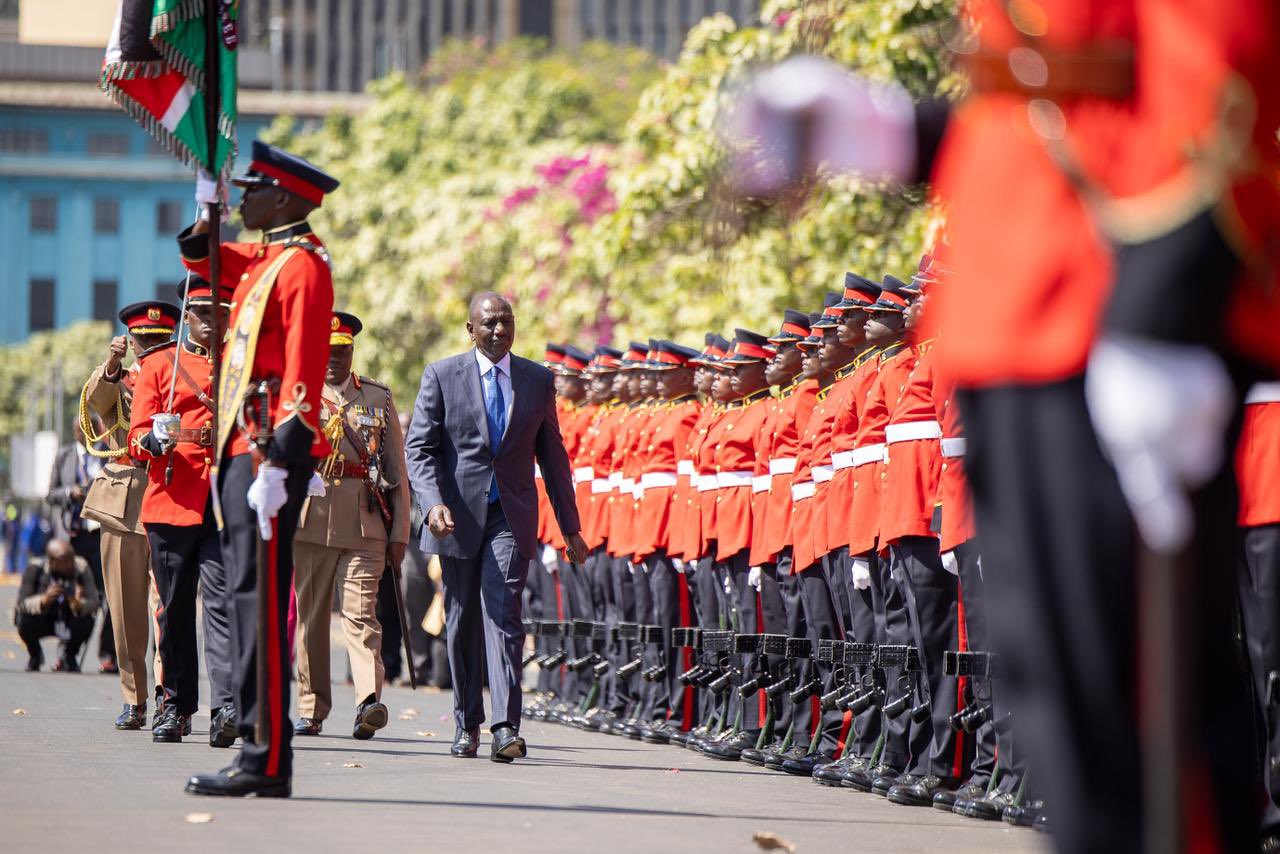
President William Ruto is set to formally assent to the Government-Owned Enterprises (GOE) Bill tomorrow, a move expected to provide a legal framework for the establishment, governance, performance, and ownership of government-owned entities.
The development aligns with plans to create the National Infrastructure Fund (NIF), which is intended to support the financing of large-scale national projects.
During his State of the Nation Address on Thursday, President Ruto said Kenya’s development ambitions—including improvements in roads, energy, water systems, logistics, education, and digital networks—require sustained and innovative financing models.
“We cannot continue funding essential infrastructure through unsustainable borrowing or burdening taxpayers with additional taxes. But neither can we afford to postpone these imperatives without risking our future,” he said.
The GOE Bill, which has been approved by both Houses of Parliament, seeks to streamline the operations of state corporations and government-owned enterprises by enhancing accountability, efficiency, and alignment with national development priorities. It also sets out public service obligations designed to improve transparency and performance standards.
If enacted, the legislation will give the government broader oversight powers over state entities, strengthen management structures, and support improved service delivery.
Analysts say the framework could promote better governance of state enterprises and improve their contribution to economic growth, although the impact will depend on effective implementation.
The Bill also provides the legal basis for the establishment of the National Infrastructure Fund, which aims to mobilise both public and private sector resources for major projects.
Ruto highlighted the role of public-private partnerships in attracting regional and global investment to support sustainable infrastructure development.
State corporations have long played a significant role in Kenya’s economic progress, particularly in the transport, utilities, and energy sectors. However, concerns over governance and efficiency have affected performance in some entities.
The new law seeks to address these gaps while guiding the creation of additional institutions aligned with national priorities.
The expected assent marks a key point in ongoing public sector reforms and underscores the government’s stated commitment to transparency, accountability, and the professionalisation of state institutions.
In his address, Ruto also outlined a planned expansion of the national road network, noting that the government has mapped out 2,500 kilometres of highways for dualling and 28,000 kilometres of roads to be tarmacked over the next decade.
He listed 21 roads earmarked for dualling, alongside plans to modernise the Jomo Kenyatta International Airport, the Mombasa and Lamu ports, and to address challenges facing Kenya Airways by next year.
The extension of the Standard Gauge Railway from Naivasha to Kisumu and later to Malaba, scheduled to begin in January 2026, is also among the planned infrastructure projects.
According to the President, these initiatives will require an estimated Sh5 trillion to finance.
“These four projects are our national imperatives; commitments we must embrace without hesitation… This is the assignment of our generation; this is the purpose of this administration and this parliament, the 13th Parliament, and this is the moment we must rise up to,” he said.
He added that the projects would rely primarily on two financing vehicles: the National Infrastructure Fund and the Sovereign Wealth Fund.












